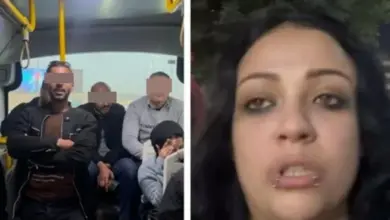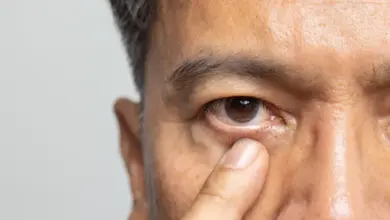In an attempt to calm growing public criticism of a perceived lack of justice, Egypt’s Public Prosecution Office on Sunday said it is doing its best to investigate the killing of protesters during the 25 January revolution.
In a seven-page statement published on its Facebook page, a spokesperson for the Public Prosecution Office alleged that it quickly investigated the murder of civilian protesters.
“The Public Prosecution realizes that it investigates the crime according to the law since it’s the representative of the society, where no authority is above it except the law,” the statement said.
The office came under scrutiny recently after the Suez Criminal Court upheld on 6 July the release on bail of seven police officers charged with killing and injuring peaceful protesters, rejecting a request by the prosecutor general to revoke the decision.
On Sunday, a statement issued by protesters in the port city called for the dismissal of both Attorney General Abdel Meguid Mahmoud and Suez prosecution's district attorney.
Protesters holding a sit-in in Cairo’s Tahrir Square have criticized Mahmoud, calling him an ally of former President Hosni Mubarak. By law the public prosecutor and his assistant attorneys general are appointed by the president, and Mubarak appointed Mahmoud.
Human rights activists have accused the public prosecutor and district attorneys of not doing enough to investigate the killing of protesters.
Mahmoud Kandil, a lawyer and human rights activist, told Al-Masry Al-Youm that the attorney general wants to present himself as having done his job and as not responsible for the current prosecution failures.
The Facebook statement also listed the legal measures taken against senior Interior Ministry officials accused of killing protesters, including trial dates. It said 22 cases were referred by the attorney general and district attorneys to criminal courts in 11 governorates.
The list of suspects includes the former president, former Interior Minister Habib al-Adly and six of his aides, one governorate Central Security Forces leader, and nine security directorates.
Kandil, though, is not confident in the attorney general’s efficacy. “The ways the attorney general and district attorneys dealt with the cases could lead eventually to the impunity of the killers,” he said.
“One aspect of the ill judgment of the attorney general through the investigation process is that it freed all the accused officers despite having the power to imprison them on reserves.”
Critics also suspect that district attorneys are reluctant to investigate allegations that victims’ families are being pressured by police to drop charges.
Last week, local media reported that a number of families in Alexandria dropped charges against the police officers accused of killing their relatives, saying they are unsure of the officers’ identities.
“We have now at least four cases of police officers pressing the martyrs’ families to change their testimonies and not to accuse officers of killing their relatives. This happened in Cairo, Giza, Alexandria and Suez. The district attorneys didn’t bother to investigate those allegations,” said Kandil.




